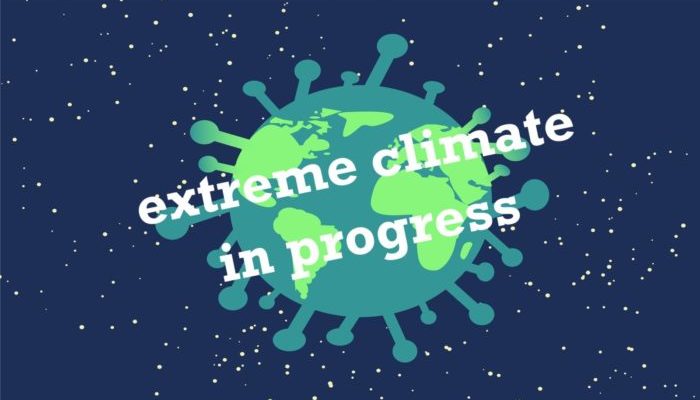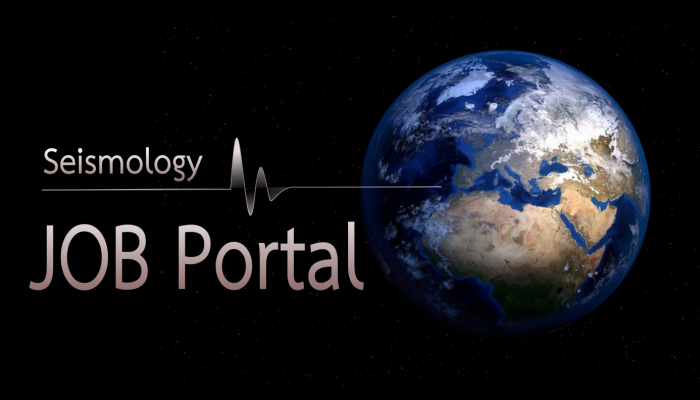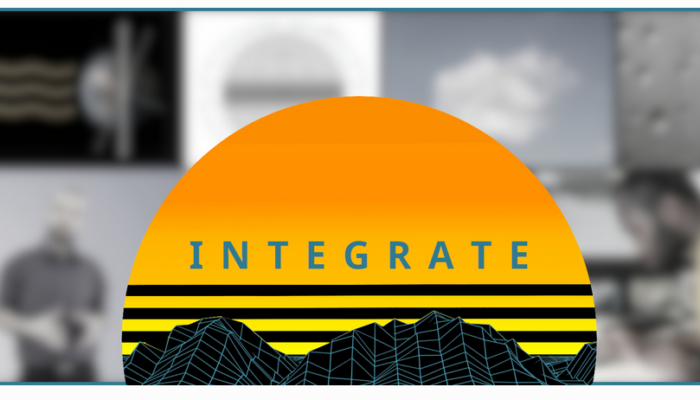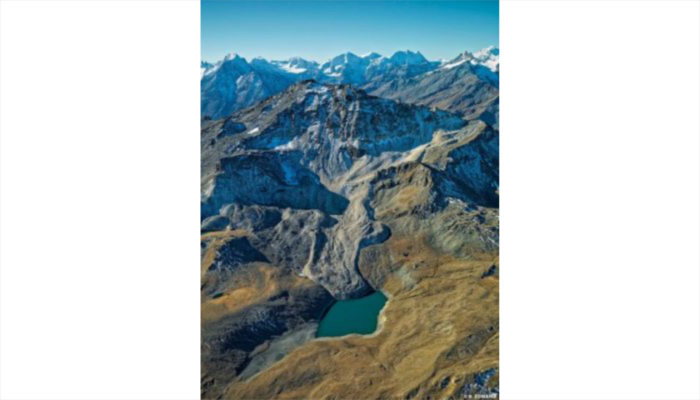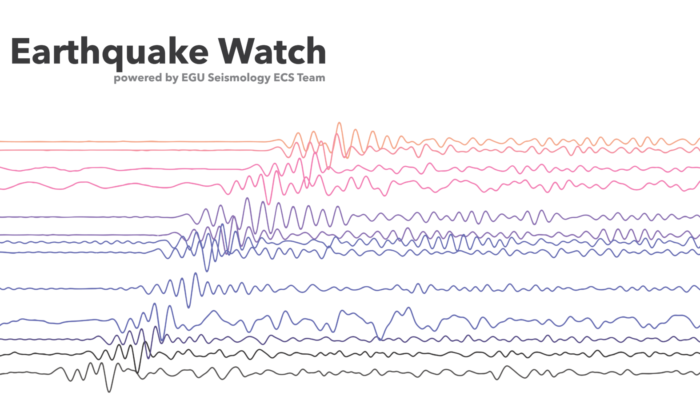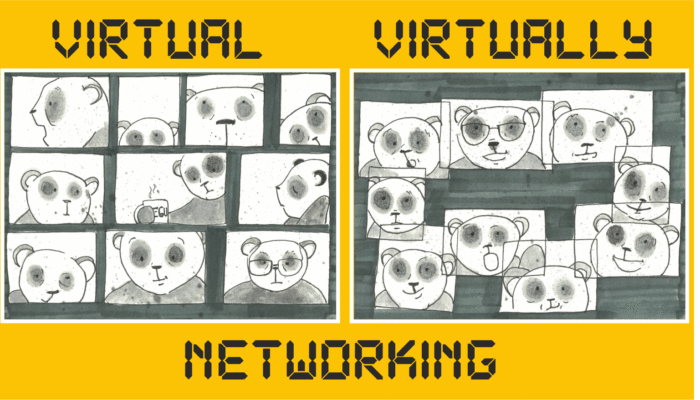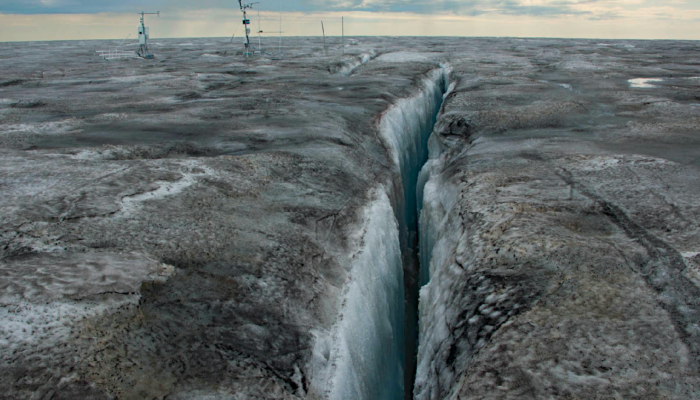Even though significant epidemics and pandemics have been recorded many times throughout human history, the Covid-19 pandemic demonstrated how vulnerable our societies still are. While the consequences of the pandemic are still ongoing, the global response so far can potentially offer some insights to support climate change response. Undoubtedly, the world is already experiencing a wide range of c ...[Read More]
If you didn't find what you was looking for try searching again.
Seismology
Seismology Job Portal
On this page, we regularly update open positions in Seismology for early career scientists. Do you have a job on offer? Contact us at ecs-sm@egu.eu Please, note that other available research positions are displayed on the EGU Jobs Portal. Special Thanks to Eric Löberich for researching job postings for the ECS.
GeoLog
Introducing INTEGRATE: a complete higher-education teaching package for climate science
If you are a higher-education instructor and want to teach climate science and a suite of relevant technical skills to those with no (or minimal) prior knowledge of climatology, you may want to begin with INTEGRATE (Integrated Teaching of Atmospheric Science, Technical Skills and Empirical Methods). This teaching package is self-contained, open-access, and available online. Topics covered include ...[Read More]
Cryospheric Sciences
Image of the week – The hidden ice of mountainous regions
When speaking about glaciers and the ice they contain, we generally picture large, clean, and therefore relatively white mountain glaciers… But did you know about rock glaciers? From our Image of the Week, you might notice that they do not quite look like the classic ice glacier you might have had in mind. Indeed, they actually indicate the presence of mountain permafrost, an often poorly understo ...[Read More]
Geodynamics
The Sassy Scientist – The Low-Risk Game
Winning a prestigious fellowship is the dream of any early career scientist. It provides the freedom to waste a couple years of public funding without having to answer for that to a supervisor. The first step to reaching this academic Nirvana is to write a proposal. Blerta dares to ask what’s on everyone’s mind: What is a great idea for a proposal? Dear Blerta, I would love to tell you that the pr ...[Read More]
Geodynamics
Brown Dwarfs: Cloudy with A Chance of Earth’s Mantle
The universe is made up of stars and planets but have you ever wondered if there is anything in between? This week, Laci Brock, a PhD student from the University of Arizona’s Lunar and Planetary Laboratory, takes us on a journey into this murky region of stellar classification… Four years before the cult classic science fiction show Star Trek debuted on television in 1966, astrophysicist Dr. Shiv ...[Read More]
Seismology
Earthquake Watch May: Qinghai, China
On May 21, a major shallower earthquake (M7.3) hit Central China at 18:04 UTC in the southern Qinghai province (Figure 1). Until this date, this event is the largest onshore earthquake during 2021. The so-called Qinghai earthquake’s hypocenter is located in a remote area near the eastern edge of the Tibetan Plateau, which is formed due to the collision between the India Plate and the Eurasia ...[Read More]
Stratigraphy, Sedimentology and Palaeontology
Sedimentology – towards a disciplinary crisis?
This contribution adds to earlier articles on impact of global change on sedimentology and on the changing role of sedimentologists in a society moving towards a carbon-free energy future (e.g. Simmons and Davies, 2020, SSP BLOG). Sedimentology is a child of the Age of Petroleum. And, the success story of petroleum is closely linked to the equally successful story of gasoline-powered mobility. Let ...[Read More]
GeoLog
Crowd solutions to challenges in Earth Sciences
Research rarely follows a straight path and it is normal for challenges to arise during a scientific career. These challenges may come from scientific issues, like inaccessible field sites or data or unavailable/insufficient methods, or from social or personal problems and so on. This year we are facing an additional problem in our inability to meet in person, travel and go to the field. As we all ...[Read More]
Cryospheric Sciences
Questions from space: what is snow and what is ice on the Greenland ice sheet?
We usually think of a glacier as a white, clean surface. Well, this is only an idealized vision because in reality glaciers are far from immaculate, they can be colored! And this is extremely important since colored (dirty) ice absorbs more solar radiation than clean ice, accelerating melt. One of the places on Earth where it is fundamental to understand these processes is Greenland, where ice is ...[Read More]

